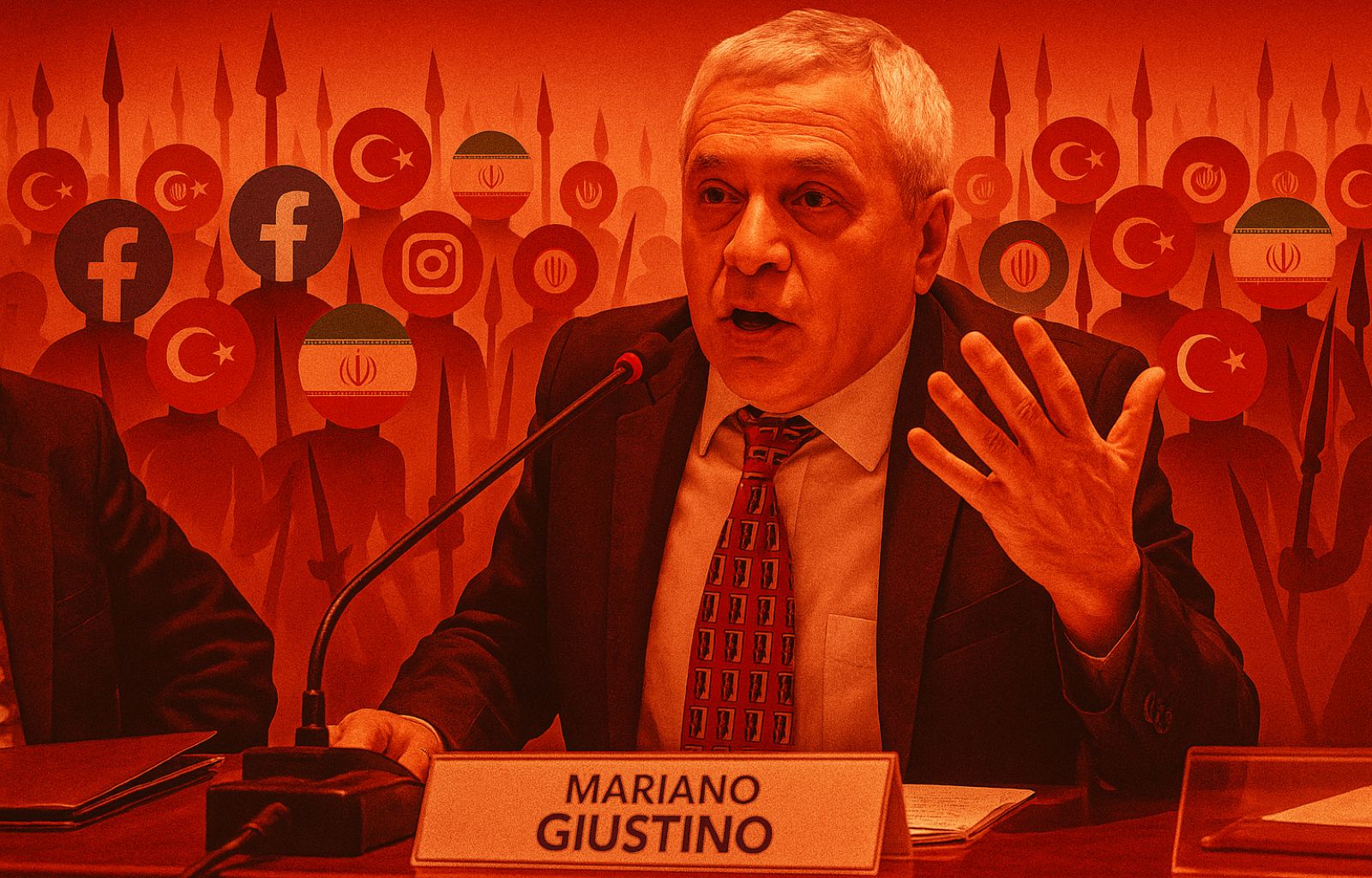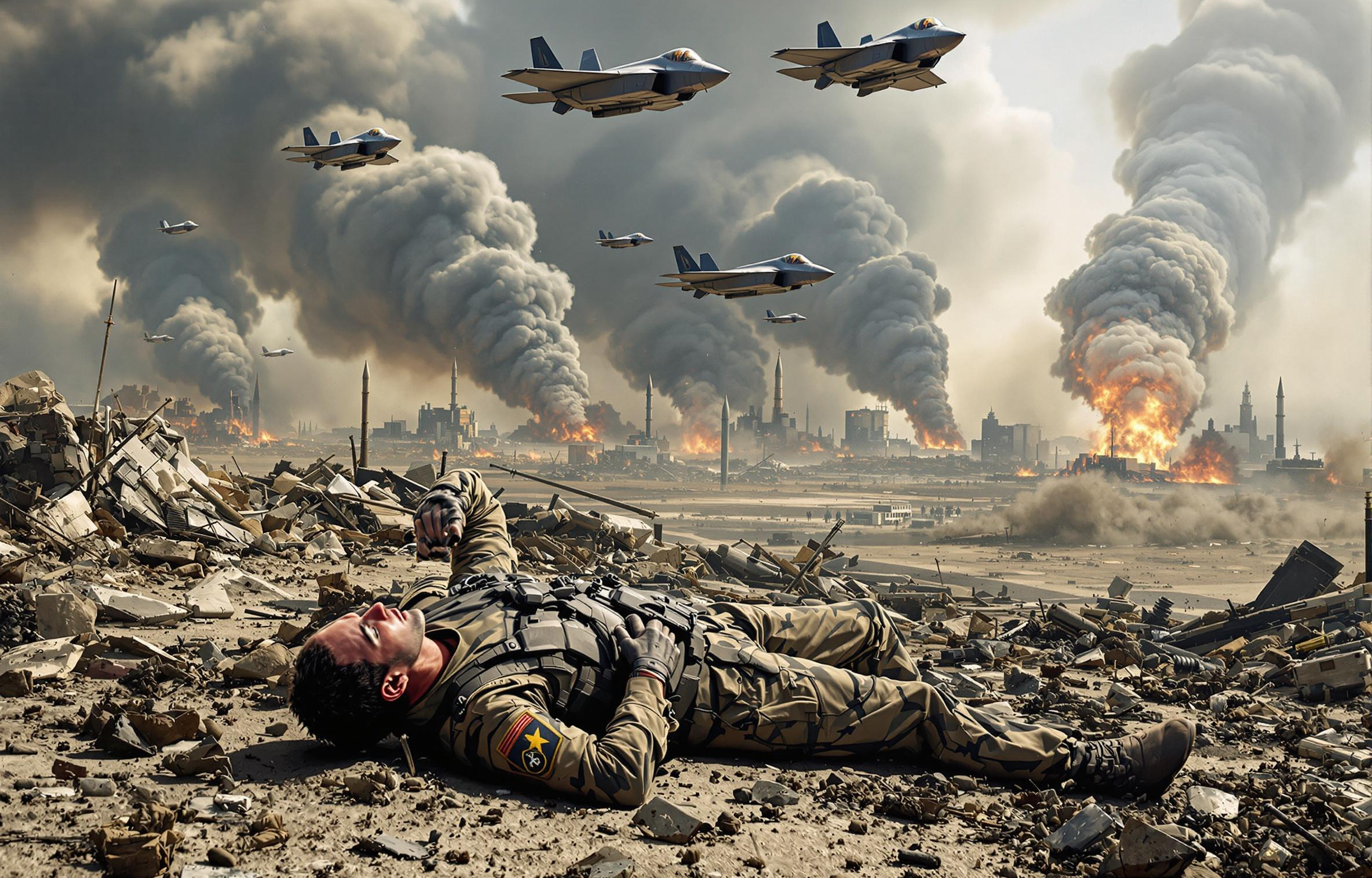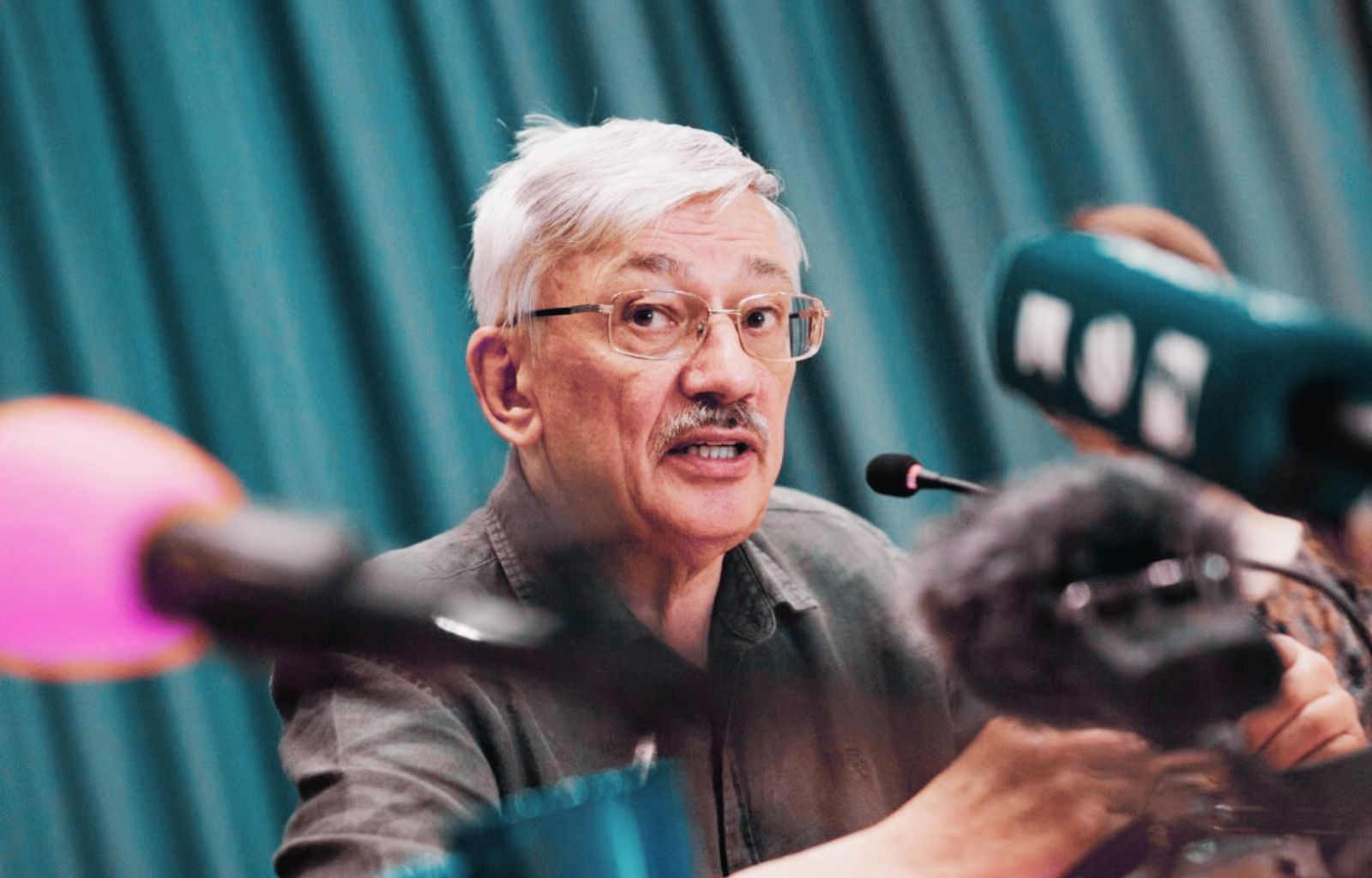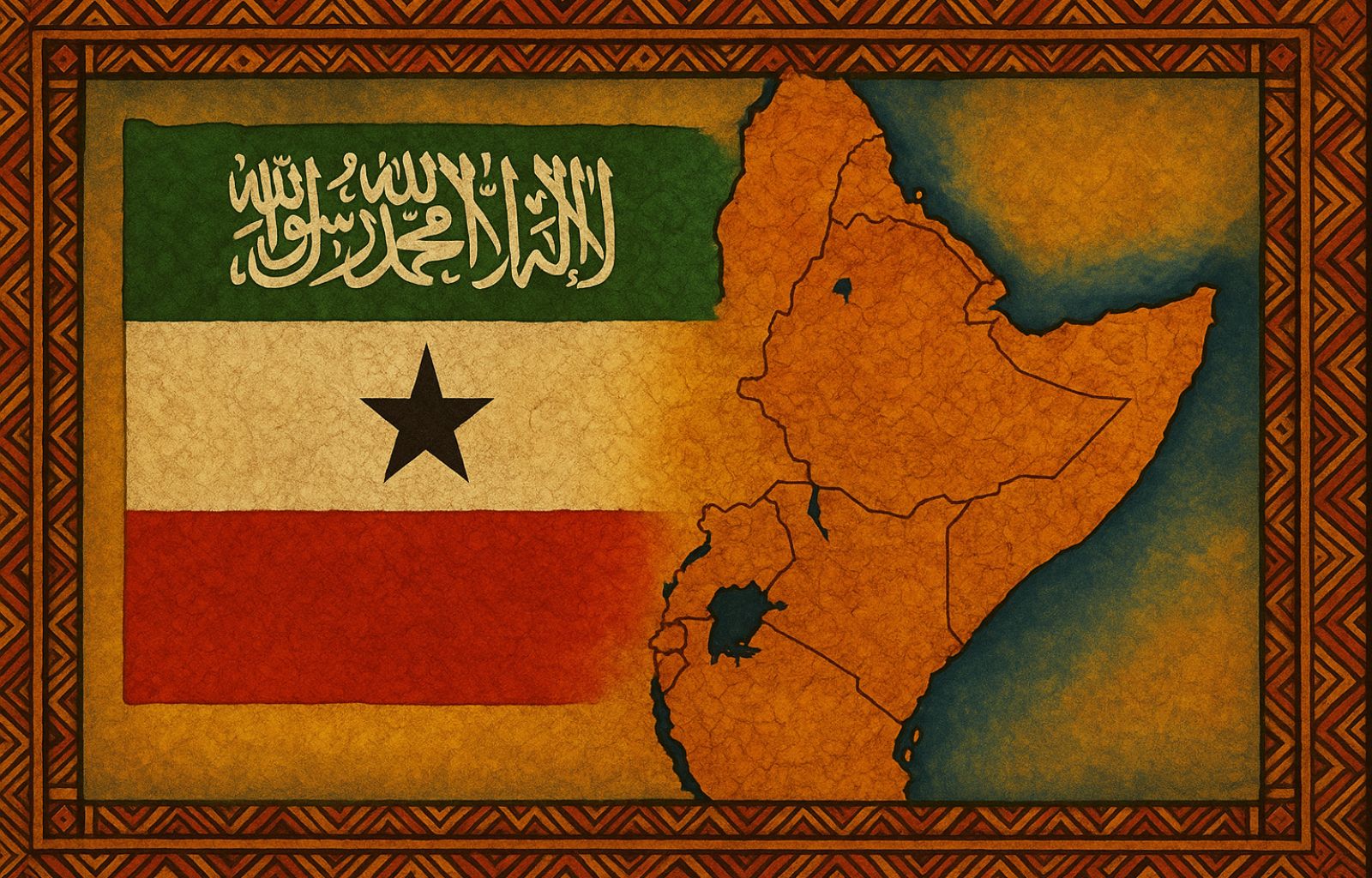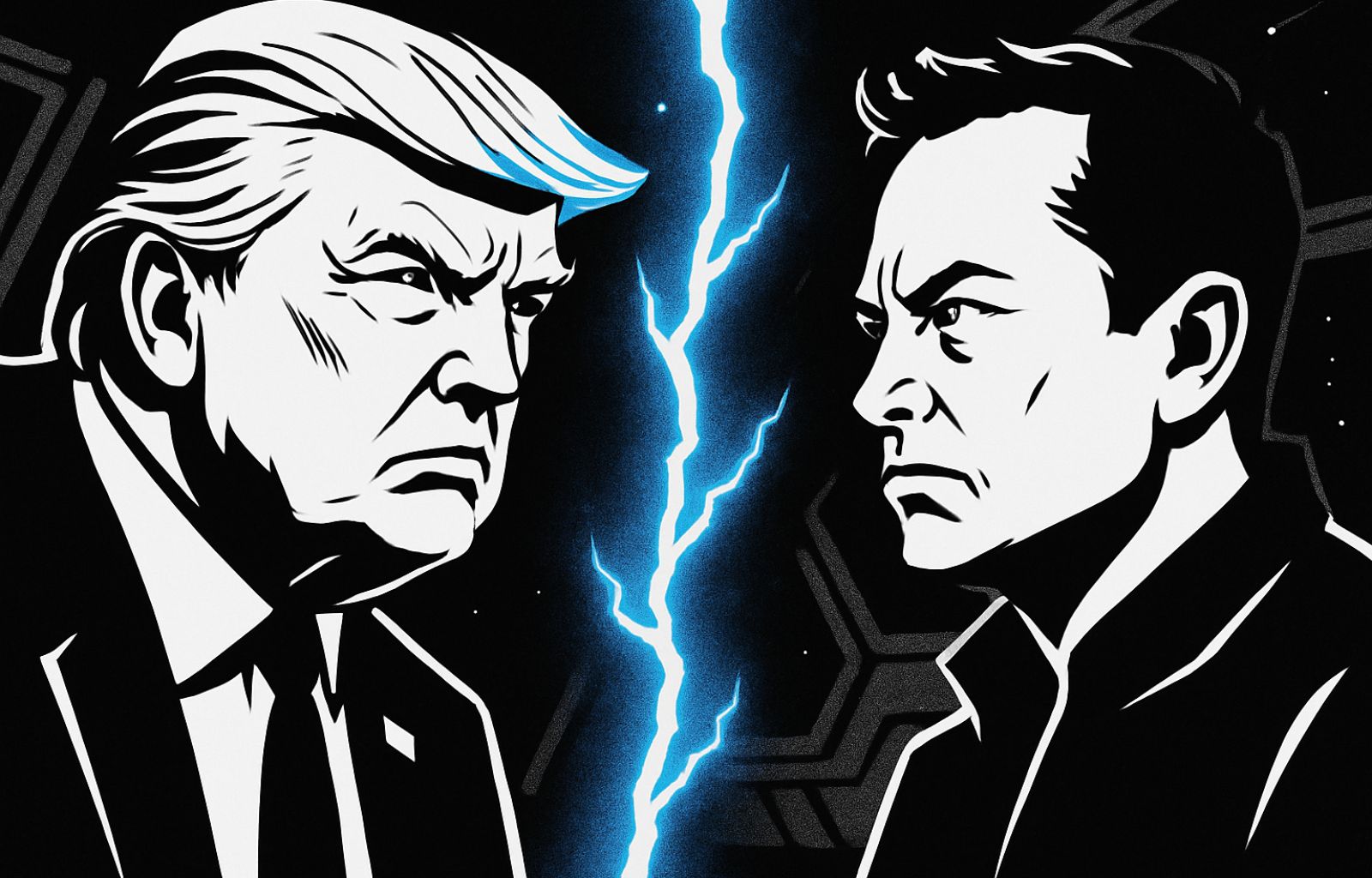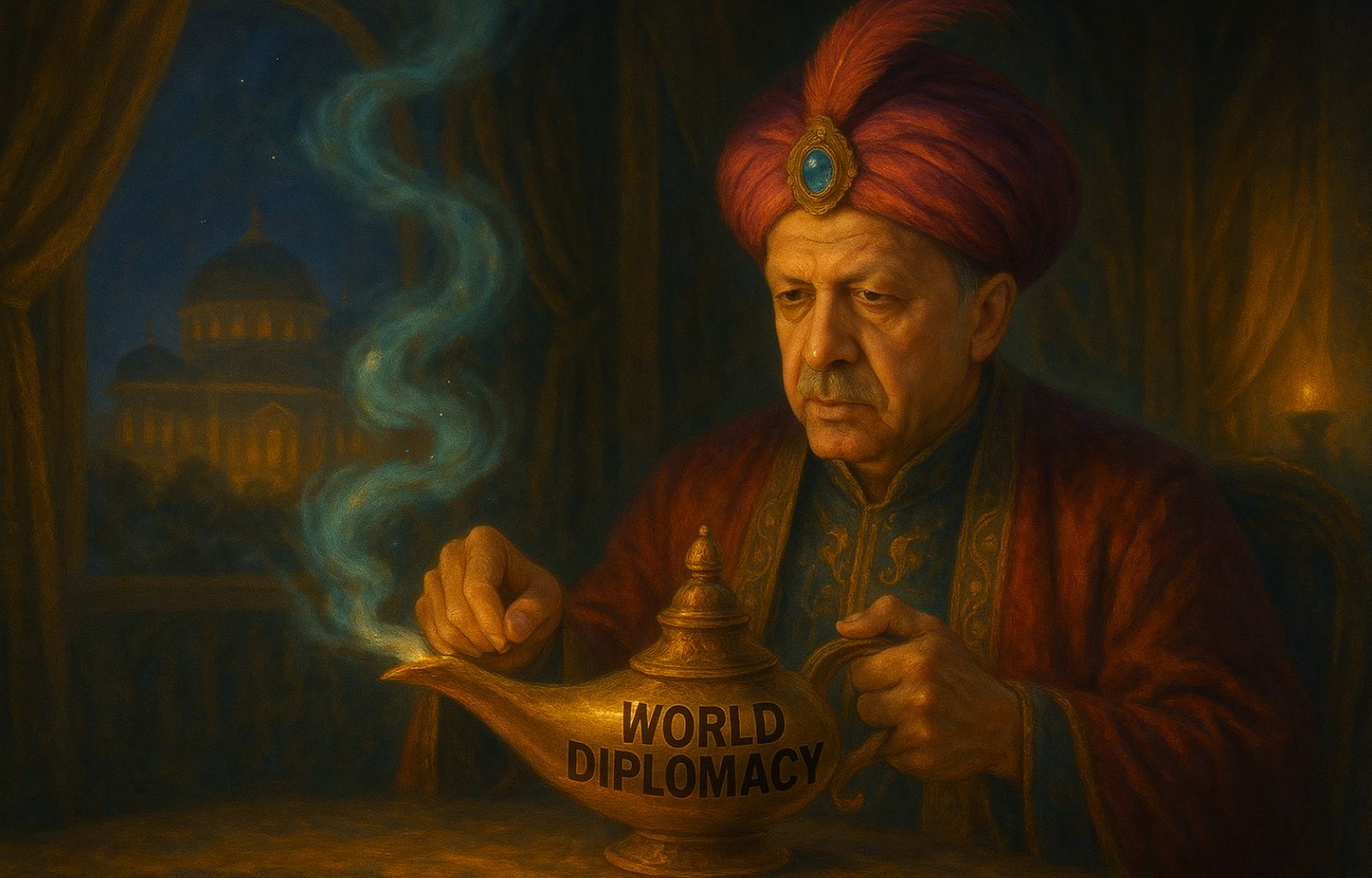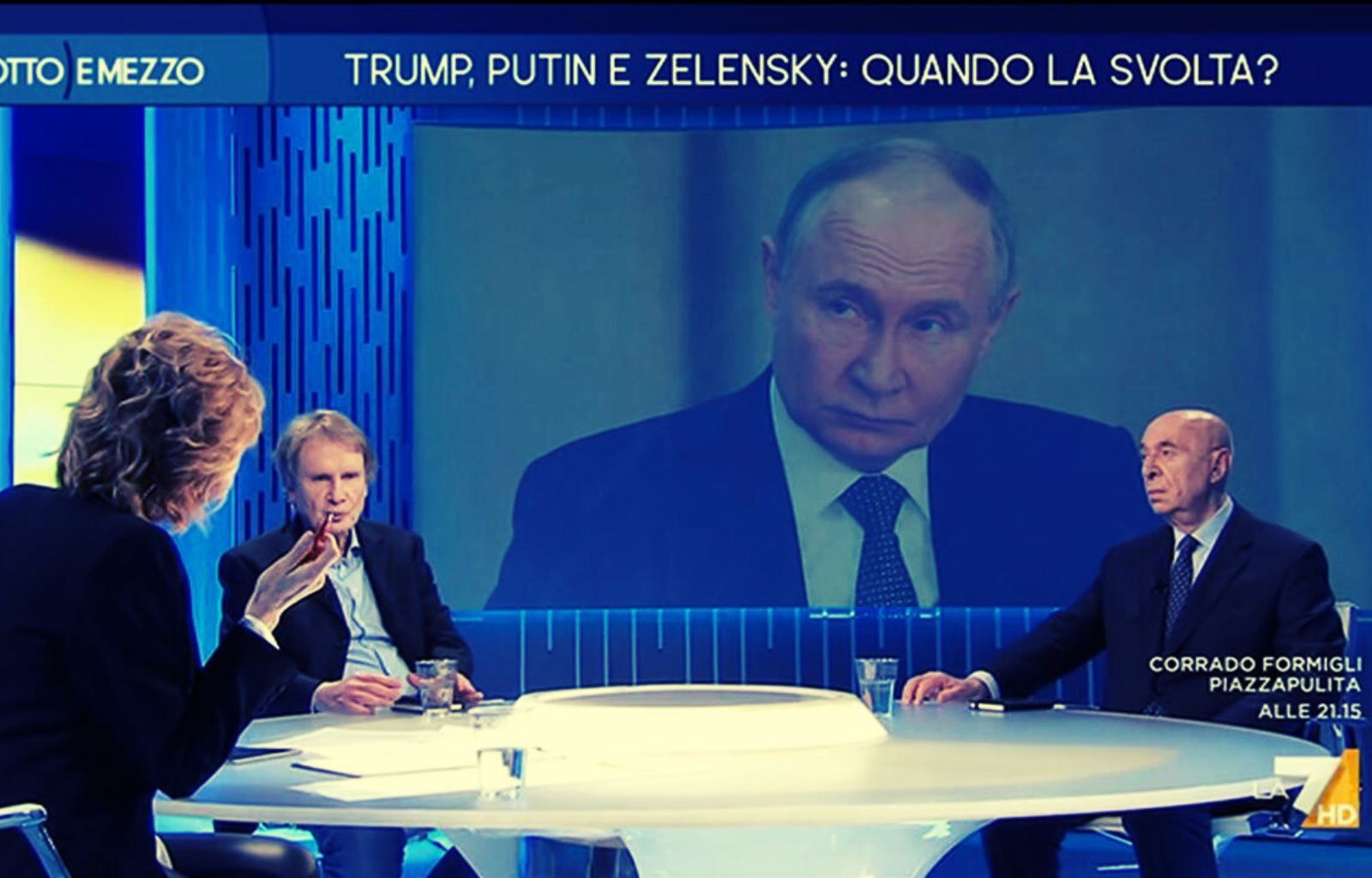Israel, Iran and the war for survival: why the attack is not aggression but a strategic response
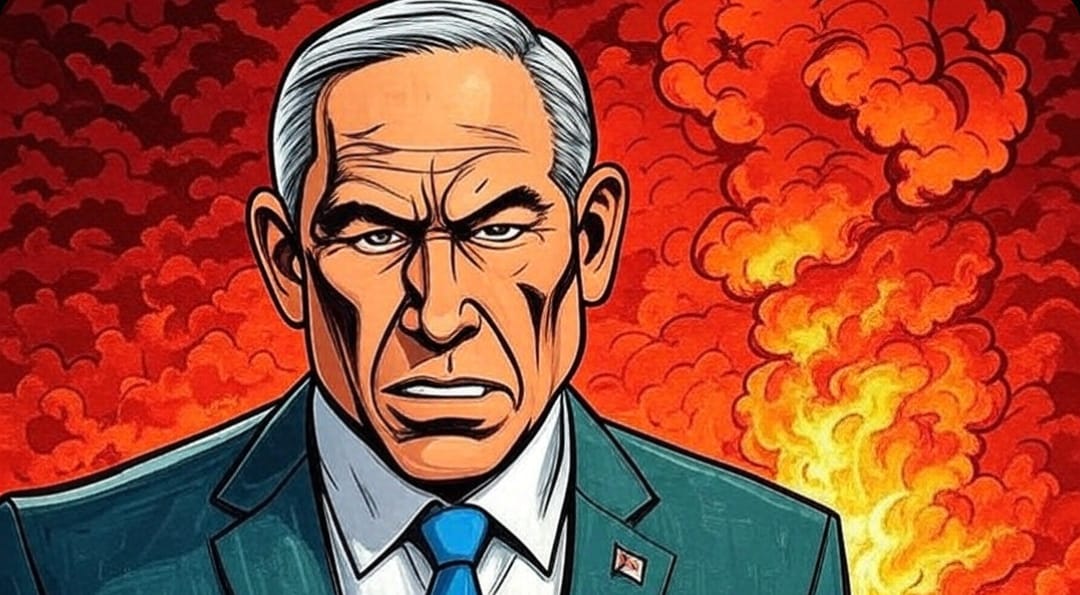
In the middle of the night between 12 and 13 June, Israel again struck military targets in Iran, including missile bases and command centres of the Revolutionary Guards. At first glance, this may appear to be a unilateral act of force. But to reduce the Israeli action to a cold aggression is to ignore – or remove – the broader strategic context in which this escalation fits. A framework in which the key word is not ‘expansion’, but survival.
Strategic encirclement and constant threat
Israel is not only confronted with Iran on a direct level, but is surrounded by a capillary network of armed groups that have increasingly raised the level of confrontation in recent years. It is a proxy war that Tehran is fighting all along the Middle East arc: in the north Hezbollah, in the south Hamas and Islamic Jihad, in the east the Shia militias in Iraq and Syria, in the southwest the Houthis from Yemen. All these actors receive funding, weapons and training directly or indirectly from Tehran.
Hezbollah alone now has more than 150,000 rockets aimed at Israel from Lebanon. Israeli citizens living in the north have been under constant alarm for months, forced to take refuge in bunkers and live with daily uncertainty. From Gaza in the south, rocket attacks are repeated with increasing regularity, while the Red Sea has become a new front for clashes with Houthi-launched drones.
This coordinated network of threats is no longer a theoretical possibility: it is a daily and permanent pressure, which affects not only national security but also people’s material lives, schools, cities, transport, work.
The transition from defence to active deterrence
In this context, Israeli action on Iranian strategic targets cannot be read as a break in the balance, but as a response to a strategy of encirclement that has progressively intensified. A sort of advanced self-defence, built on the assumption that waiting means exposing oneself to the growing risk of a simultaneous and coordinated attack on several fronts. Israel has chosen to strike at the nerve centre of the threat, rather than continue to respond to every single shot launched from its periphery.
It is a doctrine already known in Israeli military history, that of active deterrence, which aims to deter enemies by force of example and not only by diplomacy. But today, this doctrine takes on a new meaning: it is not just prevention, it is a desperate measure to avoid the collapse of the defence system under the simultaneous pressure of multiple armed actors.
The risks of out-of-control escalation
However, defensive action is not automatically without geopolitical consequences. Israeli raids on Iranian territory carry a real risk of regional escalation, especially if they hit key figures or sensitive infrastructure such as nuclear facilities. Iran has already responded by launching drones and threatens further retaliation.
We are thus faced with a fragile balance, in which any action of self-defence risks becoming a catalyst for chaos. But to ignore the Israeli point of view, which sees the Iranian threat not as an abstract concept but as a tangible and constant fact, is to remove half the complexity.
An asymmetrical war that challenges Europe
The European Union, which has so far assumed a secondary diplomatic role, is called upon to recognise this dimension. Israel remains a strategic ally for the West, but not immune to criticism or scrutiny. However, it is crucial that the European public debate does not fall into the trap of simplification: to speak of an ‘Israeli attack’ without analysing the network of threats coordinated and financed by Iran is to skew the interpretation of the facts.
What is needed is a vision that knows how to hold the two planes together: on the one hand, the need to contain the escalation and relaunch a diplomatic course; on the other, the legitimate need for security of a state that feels encircled and threatened not by an ideology, but by weapons aimed at its civilian population.
Conclusion: understanding is not justification
To understand the reasons for the Israeli attack is not to justify every outcome, but rather to recognise the multi-level context in which this conflict moves. It is a nerve-wracking, wearisome war in which the distinction between offensive and defensive is becoming more and more blurred every day. In this grey space, we need responsible leadership, in-depth reading skills and tools of diplomatic pressure that go beyond the ritual of verbal condemnations.
If we really want to avoid a long-lasting regional war, we must first look complexity in the face.

